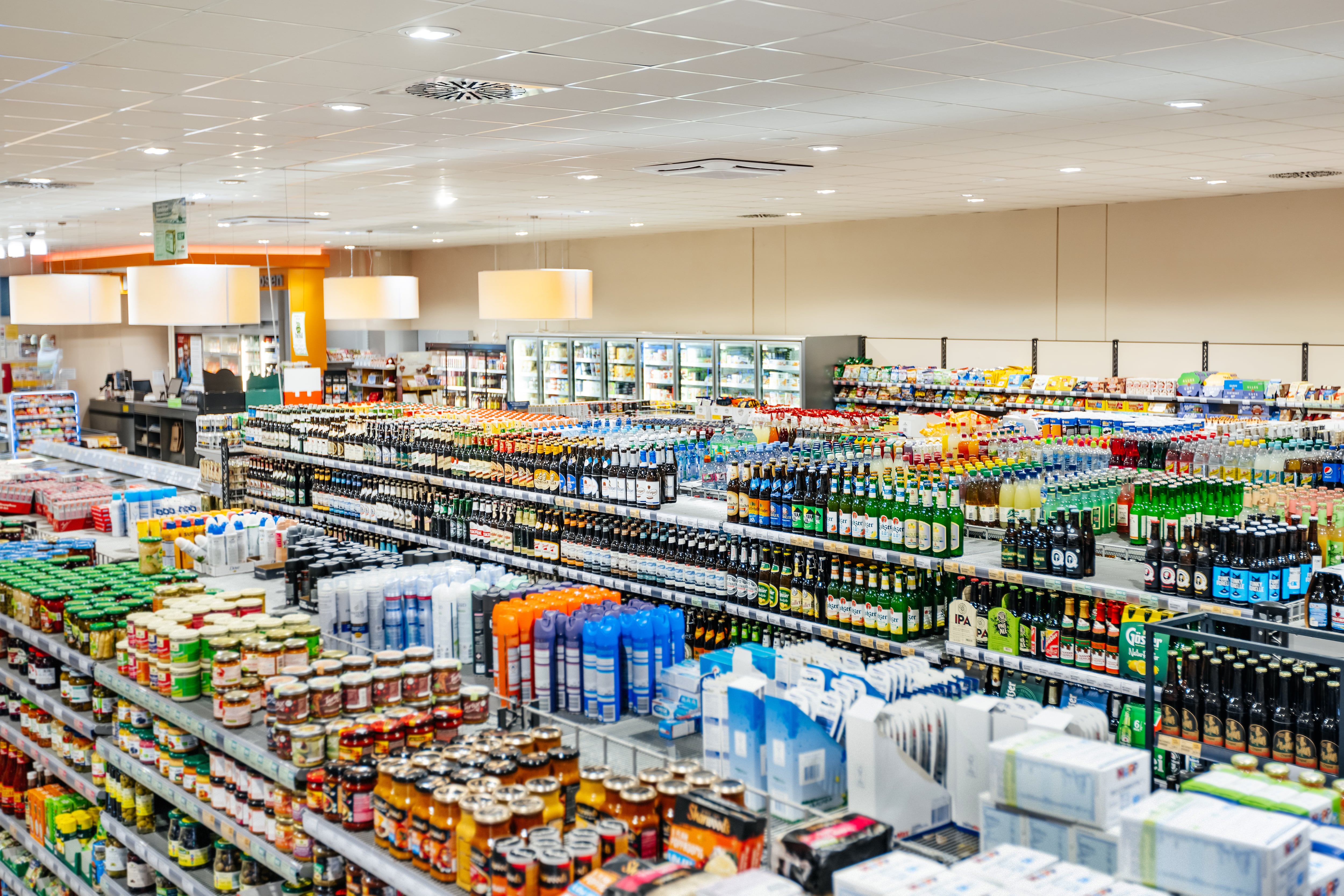These are needs that apply across just about every food and beverage category in the market, reflecting Chinese consumers’ increasing demands when choosing which items to put into their shopping carts.
“Clean label as a concept for example has been growing fast in Asia in general, but in China it is particularly clear that consumers here are very sensitive and sometimes critical when it comes to natural versus synthetic products,” Barentz APAC CEO Marc Duchene told FoodNavigator-Asia at the recent Food Ingredients China (FIC) 2025 show in Shanghai.
“So clean label and natural products have been rapidly growing in demand here in the past year, whether it concerns colours, flavours, additives or any other aspects – traditionally we have always seen textures be the more important topic in China, but now it has become things like this as well as sugar reduction and replacement.
“All of these tie in closely with the concept of better nutrition, which goes across multiple product categories – think lower-sugar or sugar-free candies in confectionery, or reduced-sugar cookies in bakery, all of which still need to taste good as Chinese consumers still have those sensitive tastebuds which need to be taken into consideration.
‘But all of these aspects must be prioritised in new product innovation, as expectations here may be complex but also need to be fulfilled in order to gain [a stable foothold] in this market.”
One example of this dual demand in China includes a recent ‘jasmine coffee’ trend, an aromatic combination of jasmine tea and coffee that is generally served with zero or minimal sugar. It typically includes fresh jasmine flowers as well as brewed jasmine tea as opposed to jasmine flavourings or fragrances, which would have been the go-topreviously
“The industry has now developed many different techniques to tackle these demands, and the priority now is to balance naturalness with the complex local expectations,” he added.
“The other very important requirement here is to ensure that we offer some sort of functional value addition because consumers today also expect this more and more,” he added.
“This goes into functional food territory, and one major area we see as very important here is nutra-actives or sports nutrition.
“This must not be belittled, as adding this functional value actually is very important for companies to solidify their position in this market, especially a market like China where competition is intense.”
Affordability and clean label big in Indonesia
The interest in clean label and naturalness in Asia is not limited to China, with other big markets such as Indonesia also increasingly demanding this.
“Indonesia has always been a very affordability-oriented market with a strong ‘local industry making products for local consumers’ mentality,” he said.
“Product innovation here has always had to move alongside affordability requirements as a crucial component – but even so, clean label is very much on the rise here and growing fast.”





